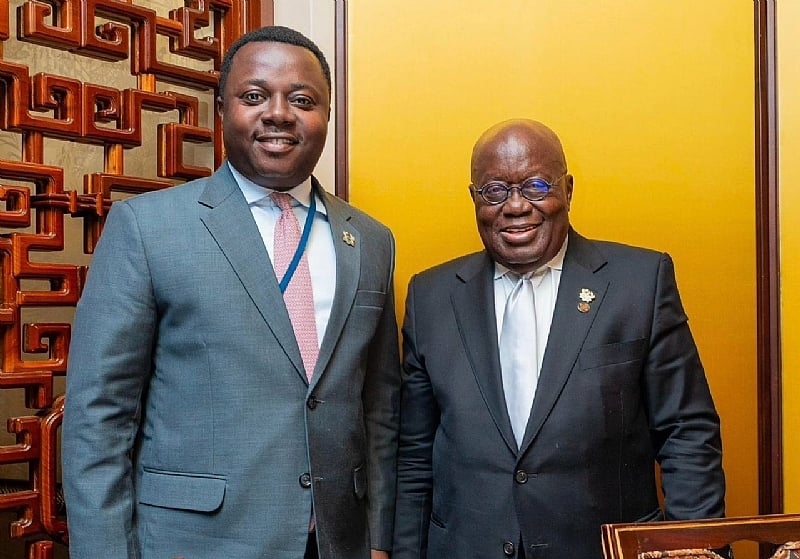The recent attempted arrest of Reverend John Ntim Fordjour, a Member of Parliament representing Assin South and Ranking Member of Parliament’s Defence and Interior Committee, has ignited a heated debate about political freedom and the potential for government overreach in Ghana. Fordjour, who has been publicly critical of the current administration and has raised concerns about alleged drug trafficking incidents, asserts that the attempted arrest represents a stark departure from the democratic norms observed during the previous administration of President Nana Addo Dankwa Akufo-Addo. This incident has brought to the forefront underlying tensions between the ruling and opposition parties, prompting discussions about the balance between legitimate government investigation and the potential for politically motivated harassment of dissenting voices.
Fordjour vehemently denies any wrongdoing and maintains that the attempted arrest was a politically motivated act of intimidation intended to silence his critical voice. He contrasts the current political climate with what he describes as a more tolerant environment under the previous Akufo-Addo administration. He argues that during Akufo-Addo’s eight-year tenure, opposition MPs freely exercised their oversight responsibilities, including demanding probes and voicing criticisms, without fear of reprisal from state security agencies. He portrays this period as one of robust democratic engagement, where dissent was not only tolerated but also considered a vital component of the political process.
The incident involving Fordjour revolves around allegations of two cocaine-laden flights allegedly landing in Ghana in March. Fordjour has been vocal in his demands for a thorough investigation into these allegations, raising questions about potential government complicity or negligence. His outspokenness on this sensitive issue appears to have placed him in the crosshairs of the current administration, leading to the controversial attempt to arrest him at his residence. The circumstances surrounding the attempted arrest, particularly the involvement of the National Investigations Bureau (NIB), have fueled suspicions that the action was more about silencing a political opponent than pursuing legitimate law enforcement objectives.
The attempted arrest was thwarted by a convergence of supporters, including members of the New Patriotic Party (NPP), fellow MPs from the Minority Caucus, and members of the media. Their presence and swift action prevented the NIB operatives from taking Fordjour into custody. This intervention underscores the heightened political sensitivities surrounding the incident and suggests a growing public concern about the potential erosion of democratic principles. The mobilization of support for Fordjour also highlights the increasing polarization of Ghanaian politics, with clear divisions emerging along party lines.
Fordjour has directly accused President John Mahama of presiding over a “growing culture of intolerance,” alleging that the current administration is increasingly resorting to repressive tactics to stifle dissent and maintain its grip on power. He characterizes the attempted arrest as a blatant example of this trend, arguing that it represents a dangerous precedent that could undermine the foundations of Ghana’s democracy. By drawing a sharp contrast between the alleged tolerance of the previous administration and the perceived heavy-handedness of the current one, Fordjour seeks to frame the incident as part of a broader pattern of political repression.
This confrontation between a prominent opposition MP and the state security apparatus raises fundamental questions about the state of democracy in Ghana. It highlights the delicate balance that must be struck between maintaining law and order and safeguarding the fundamental rights of citizens, including the right to free speech and political dissent. The incident also underscores the importance of independent institutions, including the judiciary and the media, in upholding democratic principles and ensuring accountability. The fallout from this event will likely shape the political landscape in Ghana for the foreseeable future, influencing public opinion and potentially impacting the dynamics between the ruling and opposition parties as they navigate the challenges of governance and democratic consolidation.


